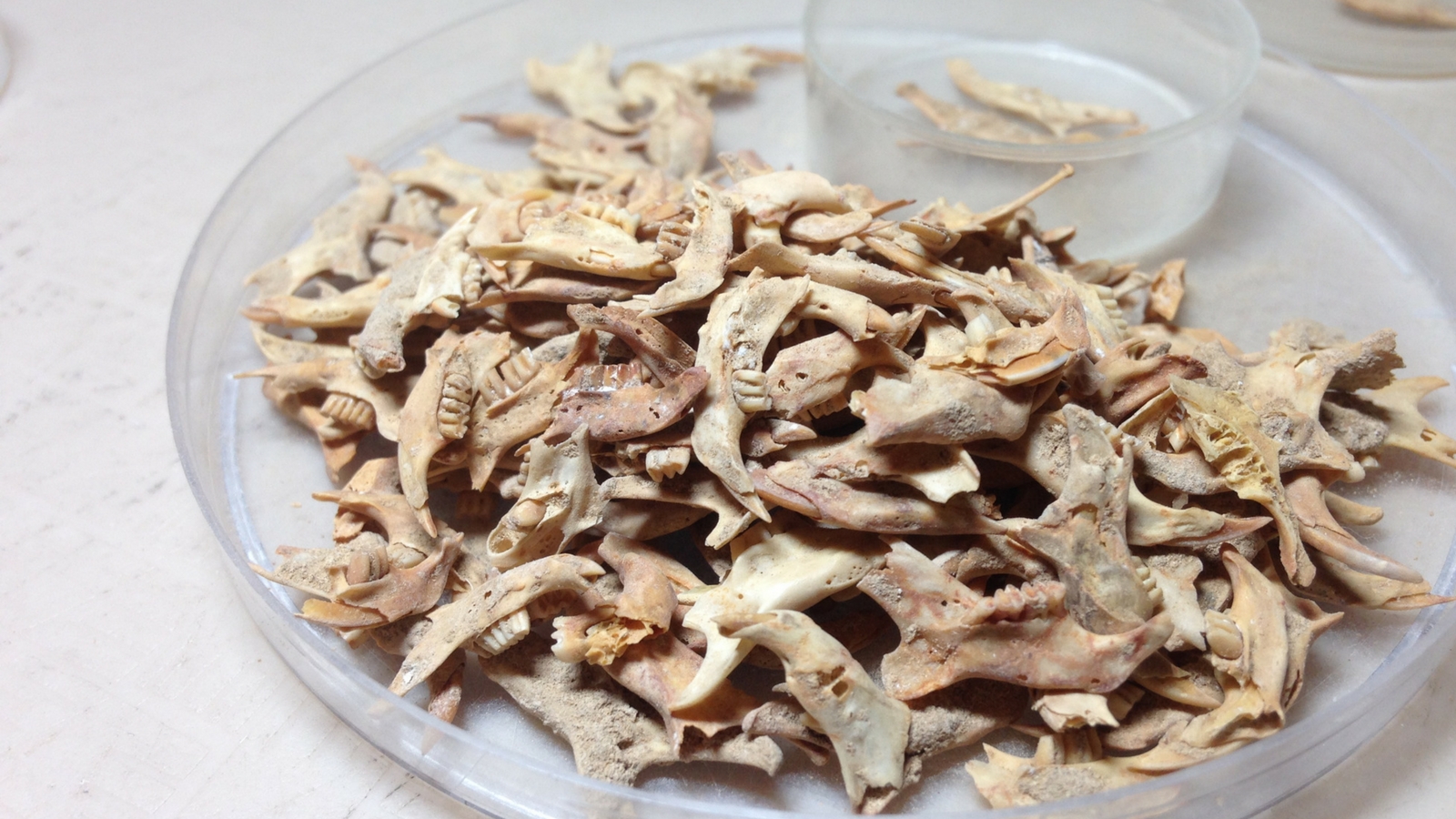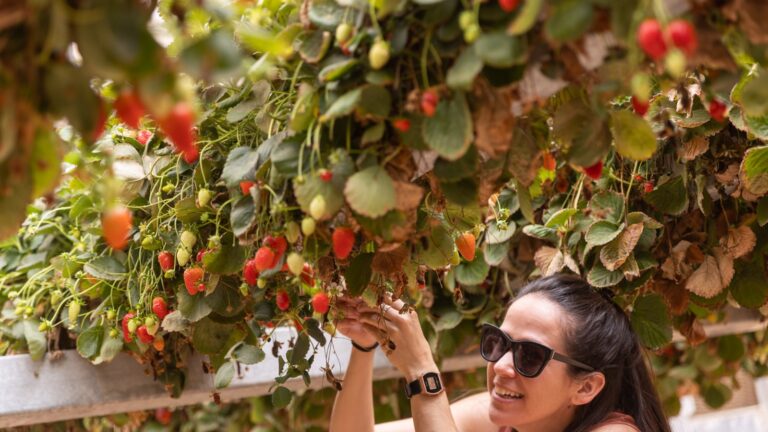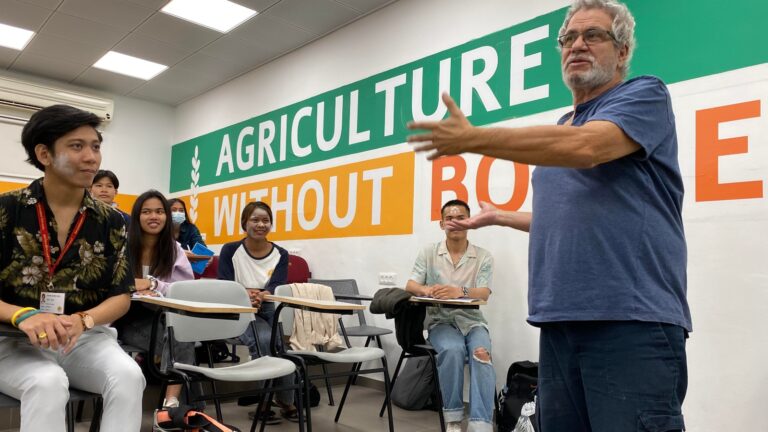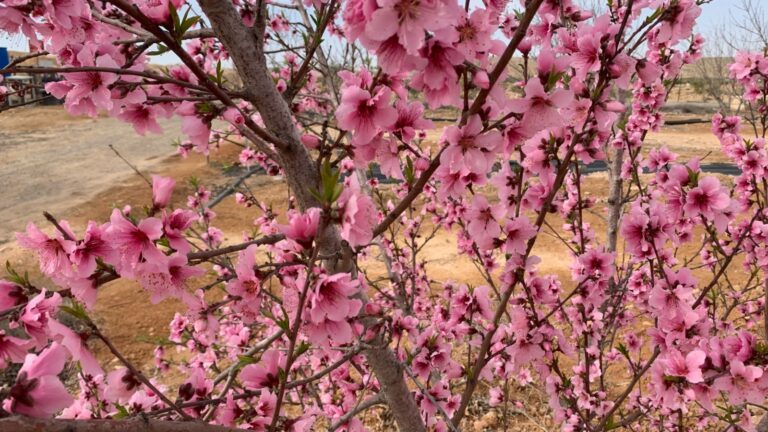The discovery of a large quantity of bones belonging to Tristram’s jird, a common gerbil-like rodent in Israel, has provided Israeli researchers with the first biological evidence of the northern Negev’s flourishing agriculture some 1,500 years ago.
The bones were discovered in ancient fields tended by Byzantine farmers during a period when the area was much greener than it is today.
“We have found bones of this rodent dating back to the Byzantine period in areas that are currently arid and do not offer the habitat it requires. The findings show that Byzantine agriculture was so well-developed that it had an impact on species diversity in the Negev,” explained Prof. Gur Bar-Oz of the University of Haifa, who is heading a study researching the collapse of Byzantine cities of the Negev.
While archeological evidence and ancient historical texts had led scientists to conclude there was extensive agriculture in the region, no biological evidence was found until now.
The current study is being conducted by research student Tal Fried, together with Lior Weissbrod, Yotam Tepper, and Prof. Guy Bar-Oz from the University of Haifa’s Institute of Archaeology. Findings from their research, including the rodent bones, were published in the Journal of the Royal Society of the British Academy of Sciences.
The two most common species of rodents in the Negev are the gerbil and Tristram’s jird. The gerbil is found in more arid areas with sandy soil and little vegetation. Tristam’s jird is found in areas that get enough precipitation to have moist soil covered with greenery.
Today the soil in the areas where the rodent bones were found is dry and wind-blown, so the discovery of Tristam’s jird is surprising, the researchers say. The climate may have been wetter than it is today, but farmers would have needed great ingenuity to create an agricultural habitat in the region.
“We still do not understand why the agricultural system they established ultimately failed. This subject is very relevant today, particularly in an era of climate change in which we need to adapt to changing environmental conditions that are leading to the expansion of deserts around the world,” Bar-Oz concluded.
Fighting for Israel's truth
We cover what makes life in Israel so special — it's people. A non-profit organization, ISRAEL21c's team of journalists are committed to telling stories that humanize Israelis and show their positive impact on our world. You can bring these stories to life by making a donation of $6/month.









